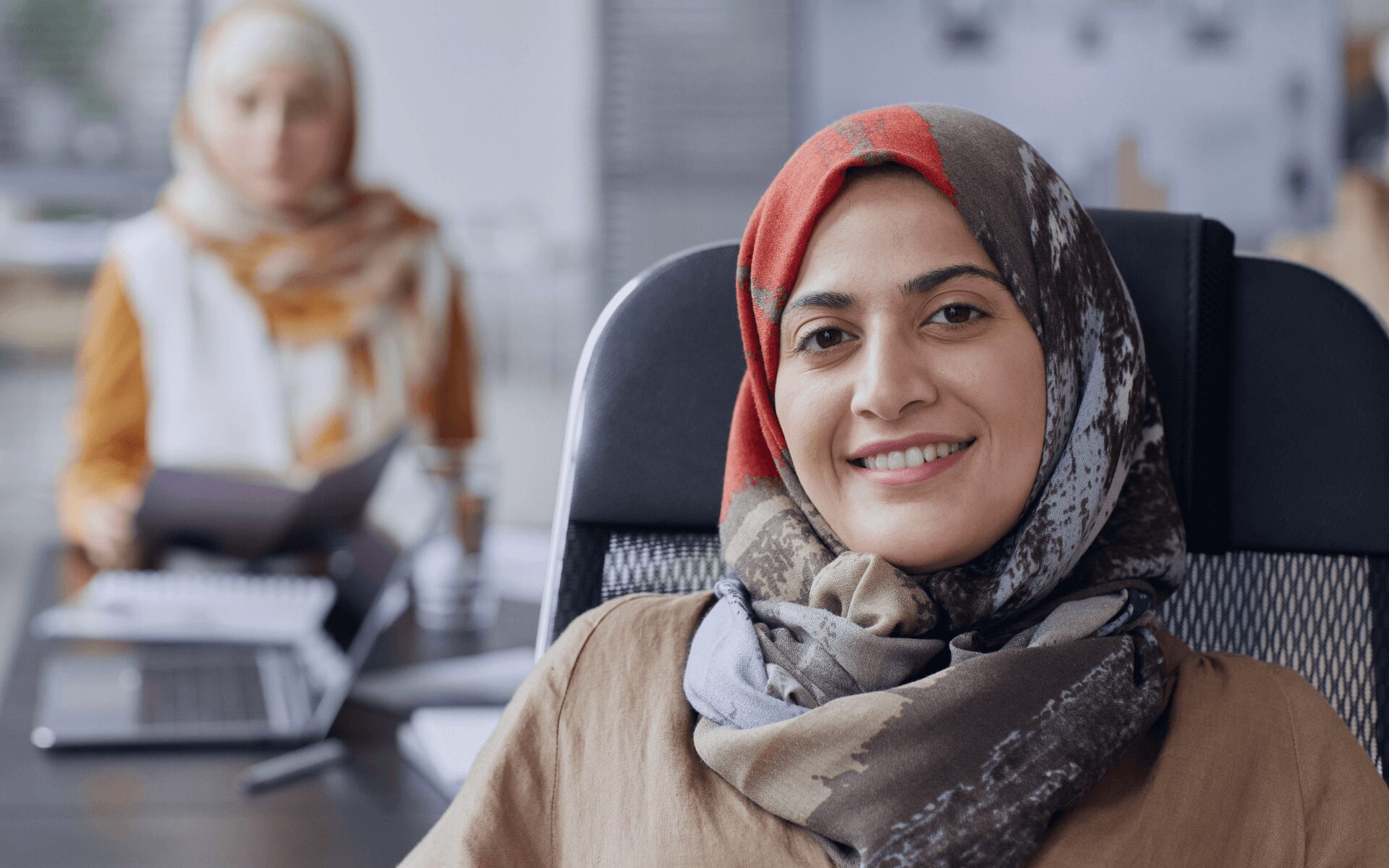
From Referral to Resolution: How Adult Social Workers in MASH Teams Protect Vulnerable Adults
Every day, adult social workers in Multi-Agency Safeguarding Hubs (MASH) protect vulnerable adults from abuse, neglect, and harm. It’s demanding work – but it’s also some of the most meaningful and collaborative practice in adult social care.
Ever wondered what it’s like to be a MASH social worker?
Triage and Team Briefings
Team briefings are a vital part of life in a Multi-Agency Safeguarding Hub. MASH brings together professionals from adult social care, the police, NHS, housing, and other partners to share intelligence, prioritise cases, and plan next steps.
Then there are the referrals. These may be raised by GPs, care providers, neighbours, or family members who are worried about an adult at risk. “We assess each case for urgency and risk,” explains one MASH social worker. “If someone might be at immediate risk of harm, we act fast – sometimes within hours.”
Every decision is guided by the Care Act 2014, particularly Section 42 safeguarding enquiries, which require local authorities to investigate suspected abuse or neglect involving adults with care and support needs.
Information Gathering and Decision-Making
Once the triage is complete, MASH social workers begin gathering information from other agencies. “If we get a referral about someone isolated at home, we might talk to their GP, district nurse, or housing officer,” says another social worker. “MASH allows us to connect the dots quickly.”
This multi-agency collaboration is what makes the model so effective. It ensures a complete understanding of each situation and allows the team to make informed, timely decisions. Depending on the findings, the case may move forward as a safeguarding enquiry, be referred to another service, or be closed with advice and signposting.
Person-Centred Safeguarding
When a safeguarding enquiry is needed, the social worker leads or coordinates the process. They contact the adult involved – or their advocate – to ensure their voice is heard and respected. “Safeguarding should always be person-centred,” one MASH worker notes. “We empower people to take control of their own safety wherever possible.”
They may also liaise with care providers, mental health professionals, or legal services to create a plan that protects the adult while respecting their choices.
Reflection and Resilience
Like all social workers, MASH teams record outcomes, update case notes, and reflect with colleagues. “It’s intense work, but it matters,” says a team lead. “You see real change. You help people stay safe, independent, and heard.”
At Vitalis, we’re proud to support the professionals who make safeguarding possible. If you’re a qualified social worker looking for your next challenge, a MASH social work role could be the perfect fit – combining critical decision-making, teamwork, and real-world impact.


